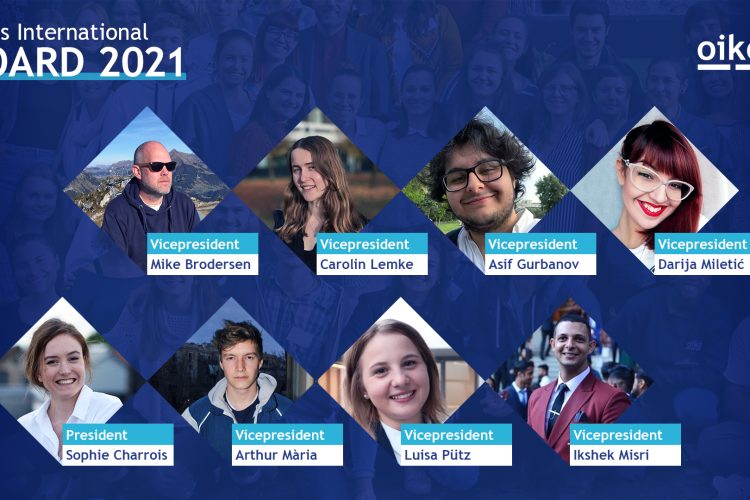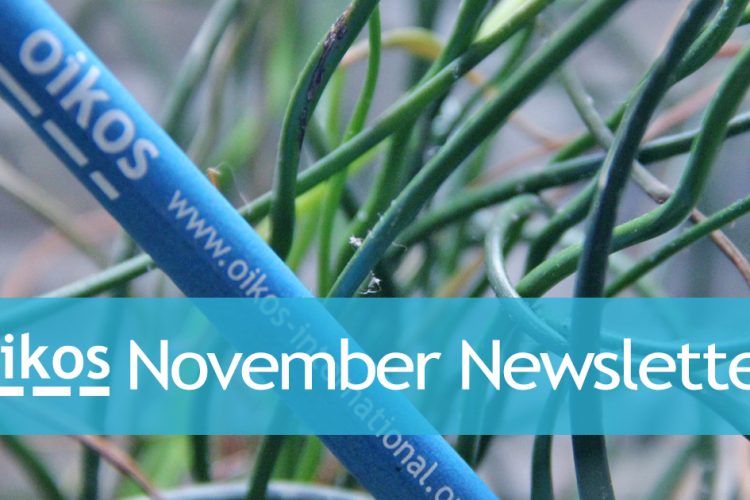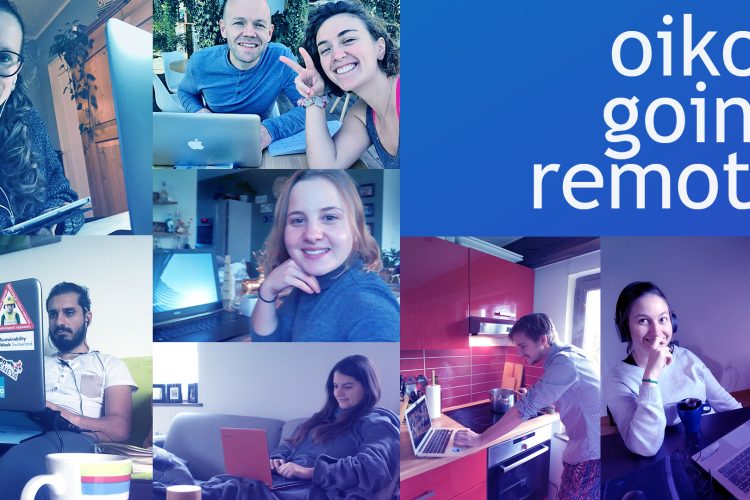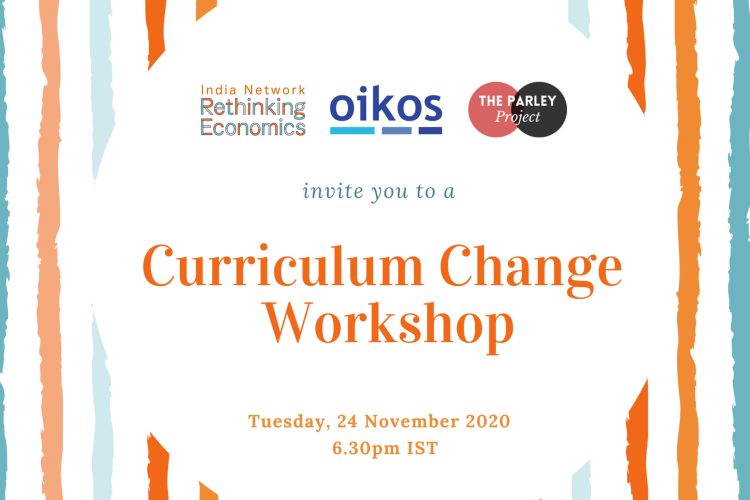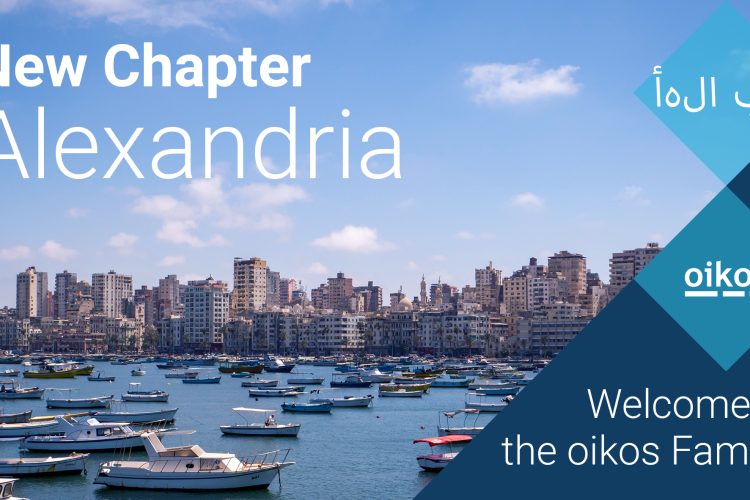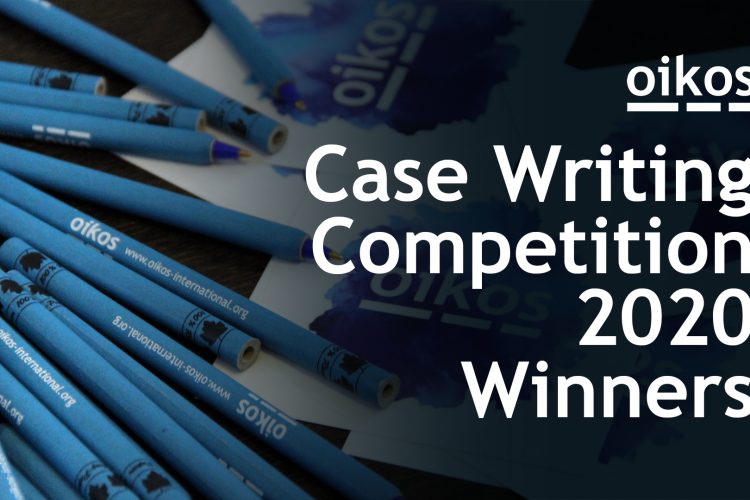The new oikos International Board for 2021 was elected at the Legislative meeting on November 29. The new board consists of 7 members who will be starting the onboarding...
Welcome to the November edition of our newsletter! We have quite an eventful month behind us, but there’s even more going on in the oikos Community in the upcoming...
Since the beginning of the corona pandemic, the virtual world has become an ever-more tangible reality for many who shifted to remote work from their home office. The oikos...
Date: Nov 24, 2020Time: 2PM CET | 06:30 PM in Mumbai, Kolkata, New Delhi Sign up here! As part of a 3-day series on the need for better economics for...
We are delighted to announce that a new chapter of oikos International is now open at Alexandria, Egypt. It is a historic moment as it is the first ever...
The oikos 2020 Case Writing Competition encourages the writing of high-quality cases on sustainability topics that can stimulate innovative teaching and learning experiences. The Competition was launched back in...


